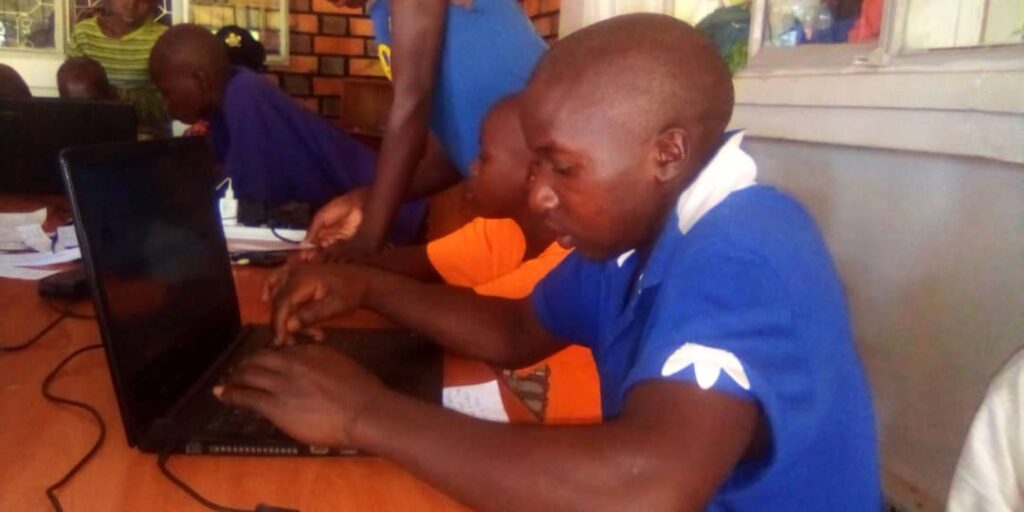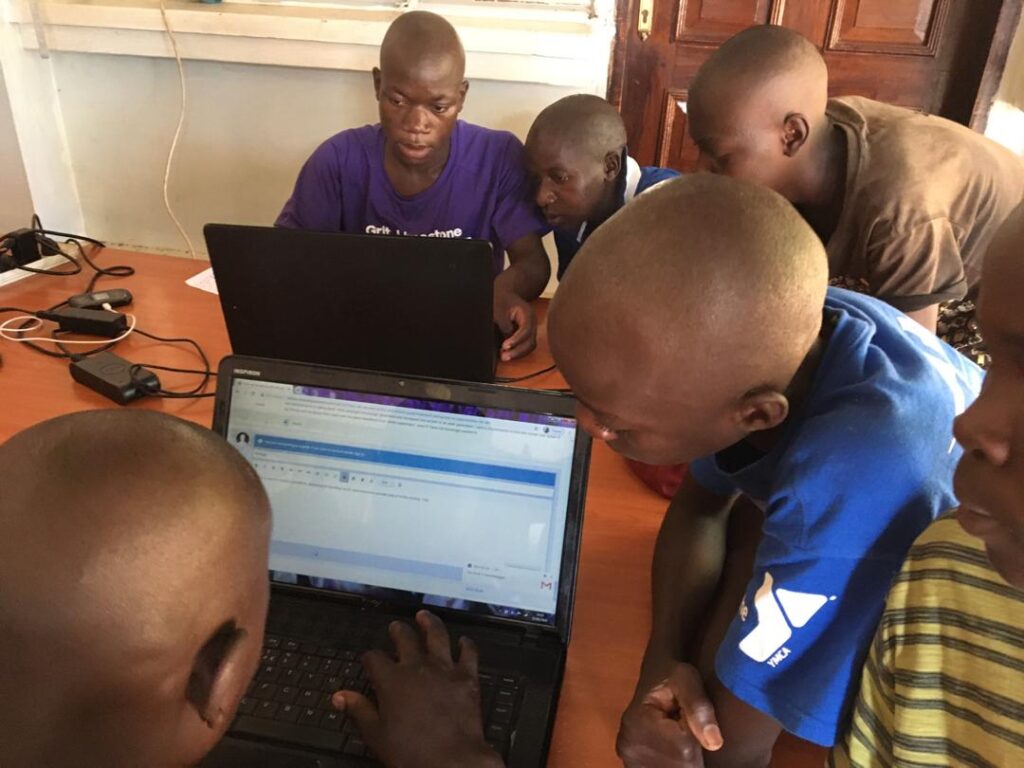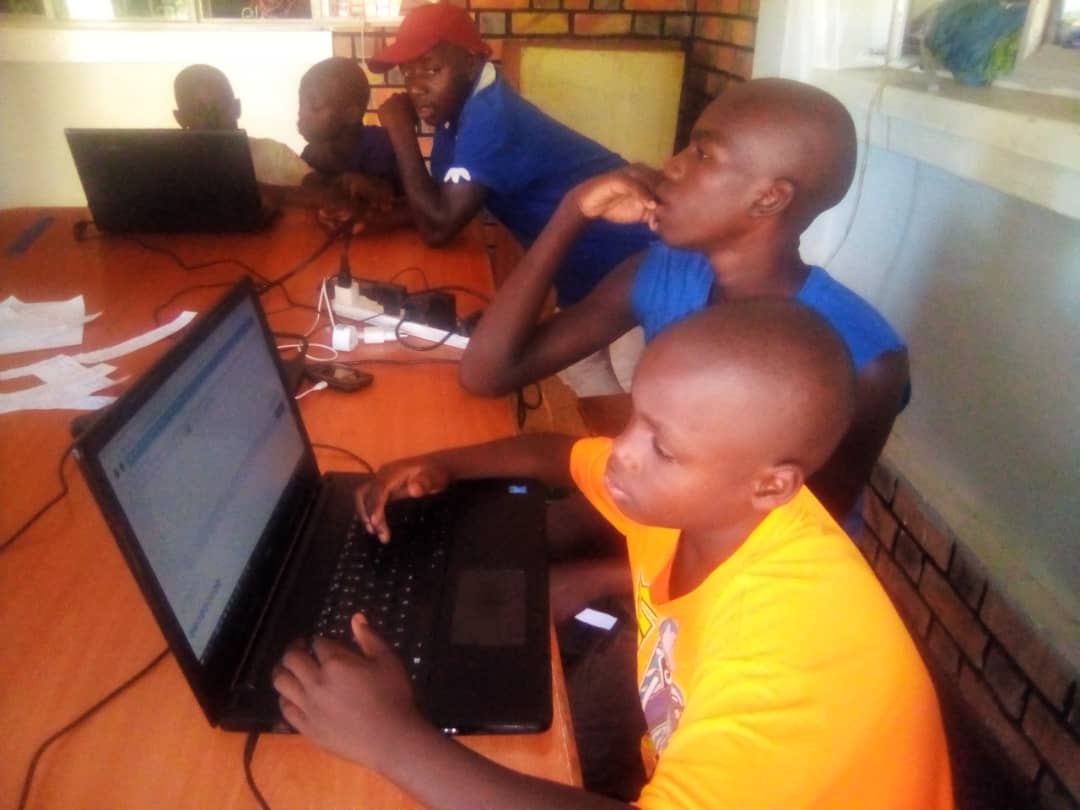This month’s Inequality Question focused on: “How can we end racism and ensure equal treatment and access to opportunities for all?”
We received 55 responses and the discussion was viewed over 270 times!
All the young people that took part in the debate today are currently staying at our Emergency Quarantine Centre, safely away from the streets,

There were some recurring themes such as education, policy changes and encouraging love and respect amongst all people.
Let’s have a look at some of the comments…
Some people thought we should focus more on education to overcome racism:
- “I think education is extremely important, not just among families and individual beliefs but in schools – in the UK we’re not taught about colonisation or the impact it still has on countries even today. By knowing more about the world’s history and the impact of racism it would help to demonstrate the oppression the UK has caused and (hopefully) cause people to be more passionate about ending it.” – Cici, UK
- “Educate our children differently. Ensure they are empowered with varied, multi-cultural knowledge of the world – we don’t “not see colour,” we see it, we respect it, we are curious and in awe of the beautiful variation in the world – they are different from us, we are different from them, no one way is right” – Eleanor
- “Educating the public about unity and implications of racism.” – Samella, Uganda
Many people wanted to focus on structural changes both in government and in creation of opportunities:
- “Government should set policies that emphasis equality amongst its citizens both majority and minority and ensure they are implemented through punishing those who breach them” – Allan, Uganda
- “Through provision of equal opportunities to everybody in places of work and education sectors” – Glen, Uganda
- “Influential people and bodies for example political leaders, organisations, religious leaders, etc. should create awareness among communities and masses by sensitizing people about the negative impact of racism and encourage people to preach against it and respect one another” – Shaine, Uganda

Other interesting comments involved challenging common biases, and even complete societal change:
- “Challenging our practices within systems and structures to encourage diversity – we should be asking what we can do to remove bias and ensure opportunities are open for everyone. For example where are we recruiting for jobs and what are the user/reader demographics and how are people’s CVs being judged – should names be removed to reduce bias in the recruitment panel?” – Nicola, UK
- “We must also recognise that racism is reinforced by the economic system of capitalism. The slave trade existed because of the desire of the European merchant class to create profit. Capitalism motivates the colonisation of the Americas, Asia and Africa. The genocide and enslavement of the natives of these lands was done in the name not of a god or king, but in the name of profit. to this day, ethnic minorities in the ‘western world’ are disproportionately more likely to live in poverty. Most countries in Africa, South America and Asia are disproportionately poorer than those in Europe and North America. It is modern free-market capitalism which preserves this inequality which was caused by colonialism. Capitalism also relies upon racism to survive; as long as the oppressed and exploited classes are divided by racial hatred, the landlords and capitalists who exploit us all will never be overthrown. Therefore, only through the destruction of the capitalist system can racism be ended permanently.” – Benjamin
In conclusion…
In this month’s discussion, we have seen many fascinating answers on different ways racism can be ended. Thank you for everyone who joined in. The children find it so interesting to exchange ideas with people from around the world.
We hope to receive more comments in the discussion next month. Thanks again for sharing your ideas and we look forward to seeing you again!
“It is not enough to be non-racist. We must be anti-racist.” – Angela Y. Davis





0 Comments